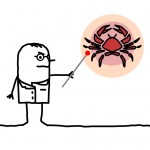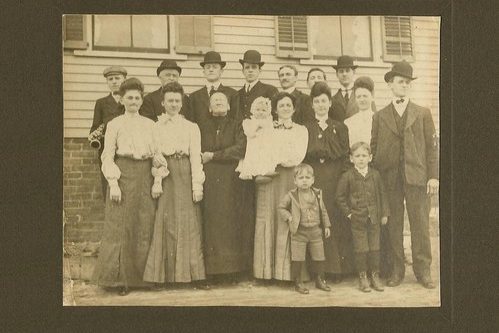I have been married and practicing medicine for 32 years and during that time I have learned lessons that equally apply. First, listen carefully; both wives and patients need to be heard. Second, prepare and think before you speak; as the saying goes “put brain in gear before operating mouth.” Finally, perhaps the hardest lesson of all is, when necessary, be 100% inconclusive.
Any man or woman, who has been in a successful relationship, knows exactly what I mean. Sometimes the best communication, the best decision style, the best way to argue, is not to absolutely communicate, definitely decide, or take a rigid stand. The best answer to the question of “which paint is better, the red or the blue” is not a color at all. Dinner does not absolutely need to be Chinese. It may not be a disaster to turn right, instead of left.
The delicate art of human interaction requires balance, not heavy weight on either side. Husbands and wives in vibrant relationships learn to stand on common ground and not jump over the edge or, more importantly, force their spouse to take a leap. They learn how to pull the other back from the precipice. I recently heard a loving married couple about to plummet into conflict, pulled back from painful brink, when one brilliantly, and naturally, called other a “poopy-head.” Given the near impossibility of jumping with poop on your head, the teasing comment vented tension and restored neutrality.
Open, indeterminate communication, on neutral ground, is critical to making difficult medical judgments. Skilled physicians guide and teach their patients, but do not try to force opinions upon them. Physicians arbitrate between patient and choice. They respect the patient’s right to make decisions and the patient’s right to have those decisions respected. Once the doctor is certain, as much as she can, that the patient understands the situation and the alternatives, it is the doctor’s role to support the patient’s final decision. If the physician has really “laid down the law”, then helping through difficult times can become impossible.
I had a patient in the office today that wants to change to a new drug to treat blood clots, in place of an old medicine that he finds difficult to use. While the drug is FDA approved, the data for this new medicine is limited and long-term side effects are not clear. I presented this information to him, as well as the research published to date. I made it clear that a conservative view of the literature recommends against the drug in his situation. However, I also told him the potential benefits of the new drug, as can be best estimated by present information. He elected to make the change. I then discussed how we will monitor for side effects and benefits, working to support his decision.
Medicine, like marriage, is not an exact science. Patients and physicians should strive to maintain parity. We need to be comfortable in not being absolutely exact or “right.” We must say what we mean and listen to what is said, not afraid to give or receive advice. However, oft we must dedicate ourselves to being 100% inconclusive.







7 Comments